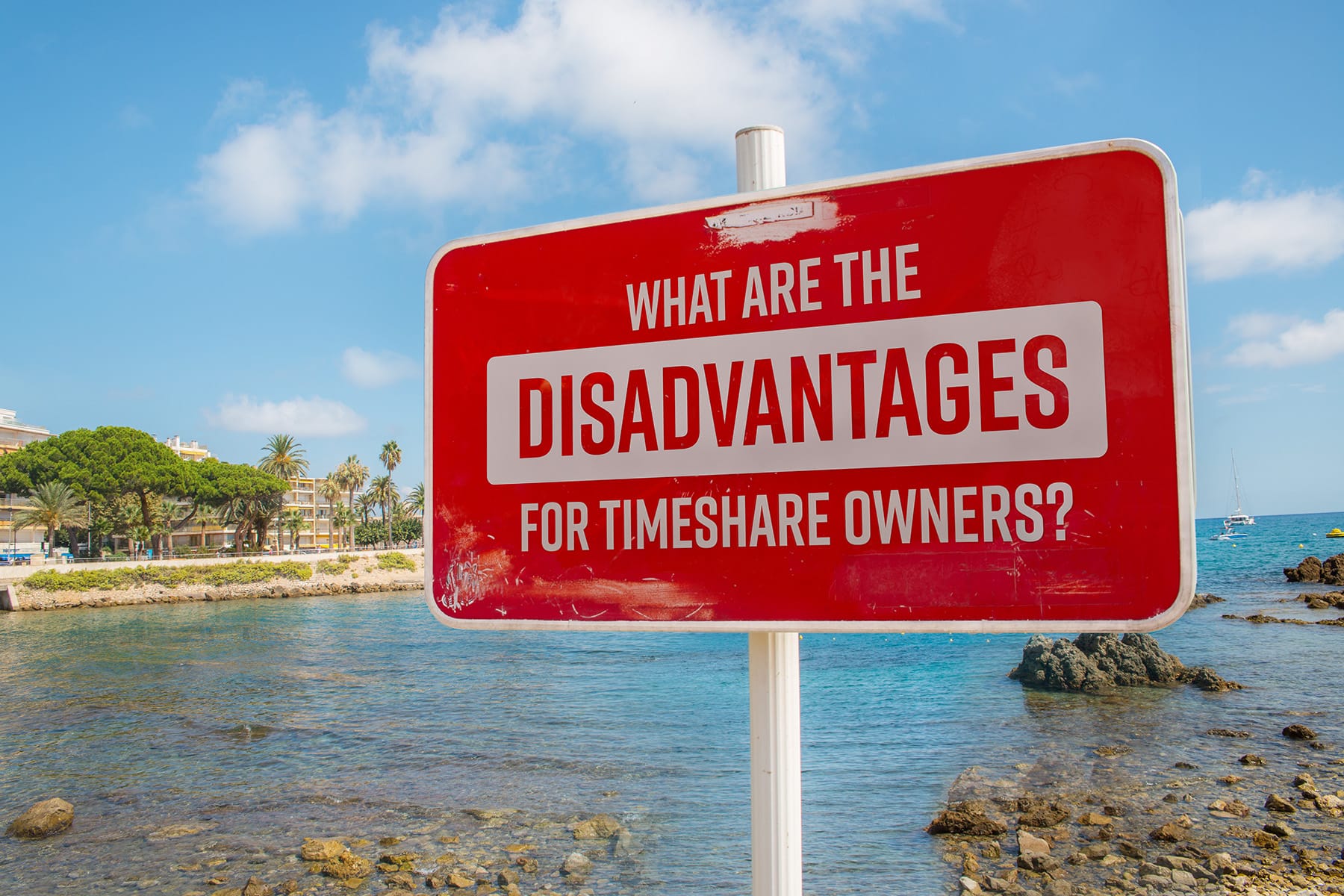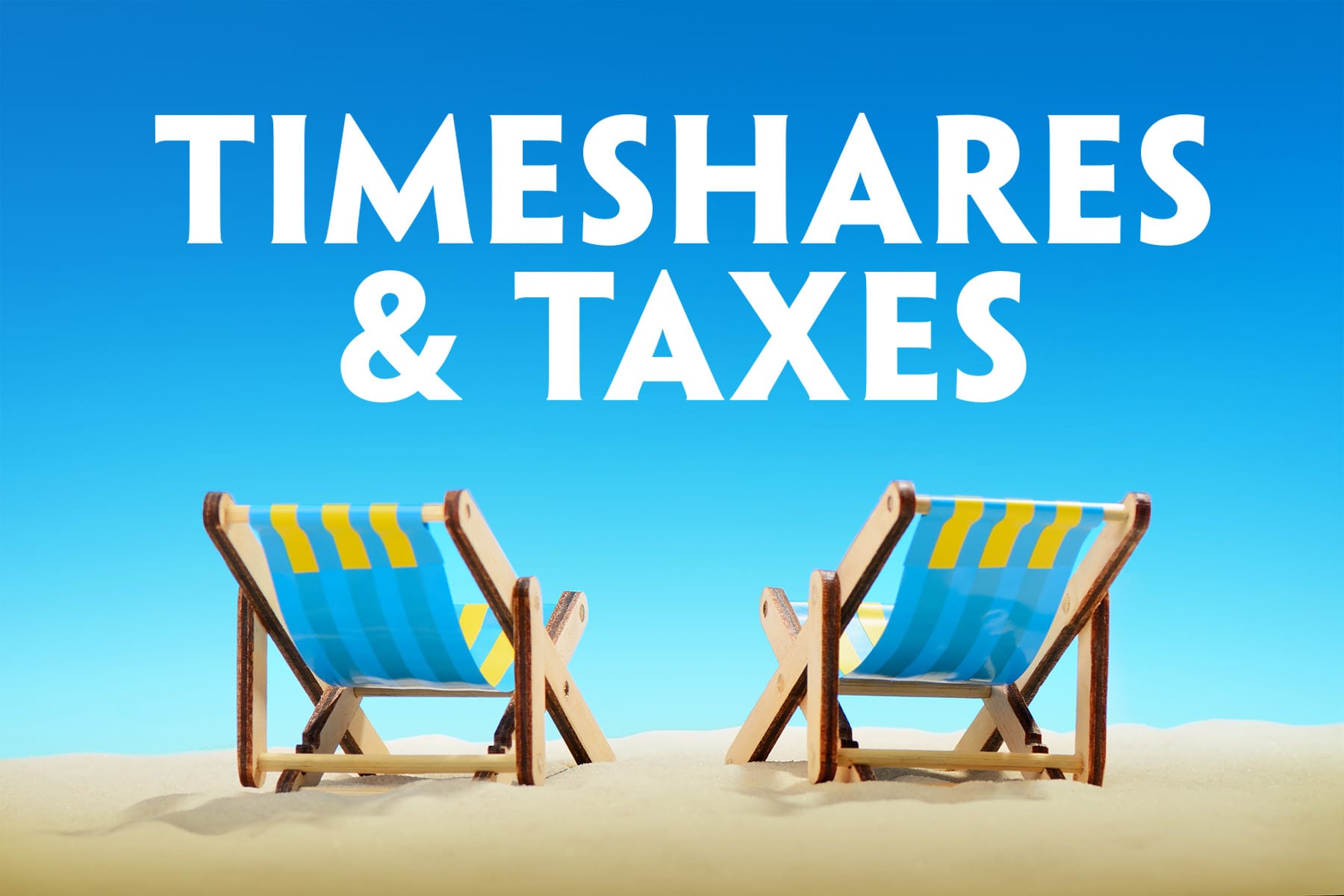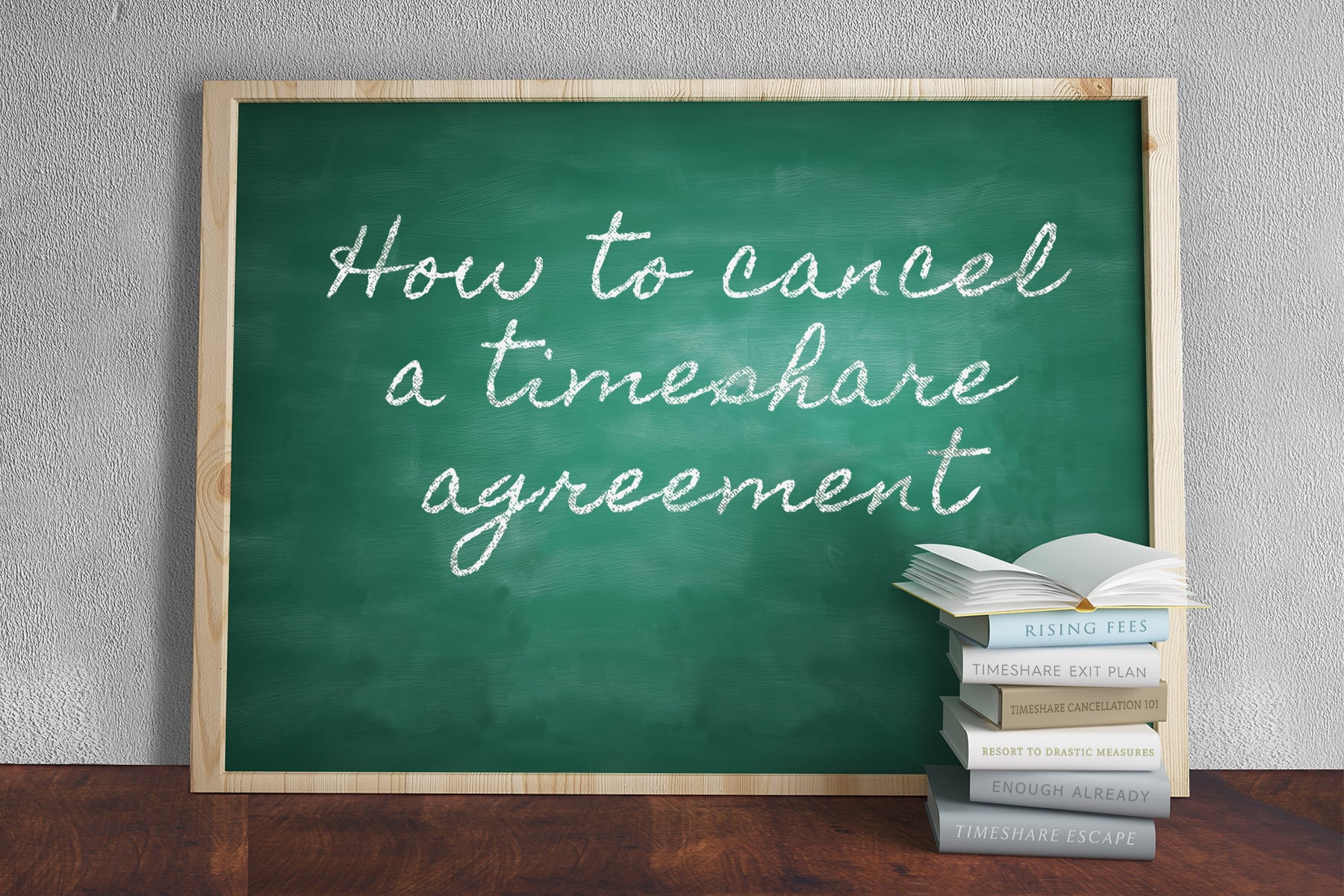
March 24, 2025 · Episode 1
9 Min, 17 Sec · By Wesley Financial Group
Ever dreamed of owning a vacation retreat? Timeshare companies make it sound like the perfect getaway, but is it truly a good investment or just a financial trap? In this episode, we uncover the reality of timeshare ownership with insights from Wesley Financial Group. Learn about the hidden costs, rising maintenance fees, and aggressive sales tactics that leave many owners feeling stuck. We explore the emotional highs and lows—from the initial excitement to the frustration of scheduling conflicts and resale struggles. If you're considering a timeshare or know someone who is, this episode will give you the knowledge to make an informed decision. Tune in to find out why timeshares might not be the dream deal they seem—and how to avoid costly regrets.
Table of Contents
Are Timeshares Worth It?
While on vacation, folks often ask themselves, “Should I buy a timeshare?” or “Are timeshares worth it?” Before answering those questions, it is critical to first know what a timeshare is.
Timeshares are an expensive form of shared ownership for vacation properties. They can be an attractive option for those looking for a second home. However, there are numerous reasons why you should never buy a timeshare. This article will discuss the costs of timeshares and the associated risks of such ownership to determine whether or not buying one is a smart financial investment.
FREE
Timeshare Exit Info Kit
Get your free Timeshare Exit Info Kit today to learn more about Wesley Financial Group and how we may be able to help you get out of your timeshare.
Timeshare Exit Info Kit
Get your free Timeshare Exit Info Kit today to learn more about Wesley Financial Group and how we have saved 50,000 families over $635 million in timeshare debt.
What Is a Timeshare?
A timeshare is a resort vacation property purchased under partial ownership. That means many different people have a stake in the same timeshare unit as you. The more common arrangements give owners a designated week each year to stay at the property, though more flexible options are available, too.
When you purchase a one-week timeshare, the general impression is you’re saving money by pre-paying for an annual holiday trip. Theoretically, this is a good idea. However, timeshare ownership seldom plays out the way people expect. Obstacles often prevent people from fully utilizing their property.
How Do Timeshares Work?
Timeshare vacations often last for one week, although some are longer. For example, some may have a timeshare that lasts two weeks or up to a month. With this fractional ownership model, each owner receives reserved vacation time to spend with their family and friends on a scheduled basis, depending on how much they pay. Just as the time spent at the resort destinations is divided among the owners, so are the expenses.
What Are the Different Types of Timeshares?
There are several types of timeshares – the standard fixed and floating week timeshares and a newer points membership system. Fixed week timeshares mean you own the right to use the vacation condo during a specific week every year. So, if you own a timeshare, you can expect to vacation at that same resort during that same week every year.
Floating week timeshares allow you to exchange vacations during other weeks of the year, giving you more flexibility in planning your annual vacations. This means you can plan vacations to your timeshare villa when it is most convenient for you rather than being restricted to a specific week.
Timeshare points are becoming an increasingly popular type, as many resorts now favor this method compared to the traditional timeshare week. Instead of owning the right to use the property during a pre-determined time frame, points-based timeshares operate more like a vacation club membership. Owners have an allotted amount of points each year, which they can spend in exchange for stays at different resorts.
How Much Do Timeshares Cost?
The cost of a timeshare depends on location, the size of the unit, the accommodations offered, and the ownership period. The actual cost of a timeshare involves maintenance fees, annual upkeep expenses, and whatever additional annual or monthly fees the company decides to charge.
According to the American Resort Development Association (ARDA) and National Timeshare Owners Association, the average sales price for a one-week timeshare in the U.S. is $22,140 as of 2022. Consumers can pay that in full or over time through financing with the resort company, which is likely to have unfavorable interest rates. With a monthly mortgage payment, paying off a timeshare is similar to that of a primary residence.
A timeshare owner is also responsible for annual maintenance fees. According to ARDA, the average maintenance fee for a timeshare unit is $1,000 per year. Since many timeshare agreements do not have expiration dates, these fees continue to rise over time without end.
Is It Smart to Buy a Timeshare?
One thing on potential timeshare buyers’ minds is whether such a purchase is a wise investment. Ultimately, the answer varies for each consumer. Yet, consensus has notoriously deemed timeshares to be bad investments. While someone may enjoy their experience, there is often an overabundance of disservice that outweighs the good for others.
Folks looking to buy real estate as an investment are better suited to ignoring timeshare offerings. The value of these properties vanishes when the dotted line is signed, so seldom do they become anything but illiquid assets. However, it could be a good fit if you want a yearly vacation prebooked and have the financial means for support. Remember, buying a timeshare can lead to dream vacations, but there’s also the risk of falling into a money pit.
Should I Buy a Timeshare?
Timeshares are rarely considered good financial investments and fail to live up to the expectations of many buyers. What hurts a timeshare’s worth is that they are not likely to appreciate in value and can, therefore, be difficult to resell or transfer. Additionally, buyers should be aware of the potential for high annual maintenance fees, resort assessments, and other additional fees.
What Are the Potential Risks Associated With Timeshare Purchases?
Buyers should be aware of the potential risks when considering a timeshare purchase. These risks include the fact that timeshares are not a liquid asset and can be challenging to sell or transfer, as well as the potential for high annual maintenance fees and future assessments. Additionally, buyers should be aware that timeshares are not viable investments and are not likely to appreciate.
What Are the Benefits of a Timeshare?
The primary benefit of a timeshare is the ability to access a high-end vacation property for a fraction of the cost of buying it outright. In addition, timeshares often come with amenities such as access to pools, spas, and other recreational facilities.
What Are the Hidden Costs Associated With Timeshare Purchases?
In addition to the timeshare cost, buyers should be aware of the potential for additional hidden costs. These can include high annual maintenance fees, resort assessment fees, special assessments, transfer fees, and closing costs. Additionally, buyers should be aware of the potential for aggressive sales tactics and the possibility of additional fees being added to the final purchase agreement.
Why Are Timeshares Bad: Potential Disadvantages of Owning a Timeshare

Owners of timeshares may find themselves facing several potential disadvantages. These can include difficulties in reselling or transferring the timeshare, high annual maintenance fees, and the potential for future assessments. Additionally, owners may find themselves bound to the timeshare deal for decades and subject to the rules and regulations of the timeshare resort.
Don’t take our word for it. Here is a list of review sites that share unbiased timeshare resort reviews. The entire timeshare industry seems to average 1-2 stars.
Reviews from Timeshare Company #1
Reviews from Timeshare Company #2
Reviews from Timeshare Company #3
Aside from the mountain of negative reviews for these timeshare resorts, the sections below mention several reasons to avoid buying a timeshare:
1. The Notorious Timeshare Company Salesmen
Timeshare buyers sometimes have no idea what they’re getting into when signing the dotted line. Many of them never intend to buy anything in the first place. So what changes their minds? The deceptive timeshare salespeople.
Timeshares often get sold through aggressive and misleading sales tactics, which can pressure people into buying a timeshare they may not want or need. Salespeople sometimes lure in prospective buyers by promising extravagant gifts. These high-pressure sales presentations can last for hours. A timeshare purchase can happen simply by attempting to remove yourself from a sales environment. Signing on the dotted line sometimes feels like the only way out.
If you were misled into timeshare ownership by a deceptive sales pitch, you might be able to cancel your agreement. Find more information about timeshare cancellation here.
2. Your Travel Locations Become Limited
A prominent selling point for timeshare companies is their wide variety of vacation club locations available worldwide. Salespeople list off names of exotic destinations and show dozens of resort pictures to encourage people to buy a timeshare. Yet, in reality, many timeshare agreements are on a fixed week system restricted to the same location each year.
A timeshare may be ideal if you are only interested in revisiting the same place every year. However, owning a timeshare can be restrictive if you desire to explore a new area with each vacation. It’s a lifetime agreement that can cause you to miss other opportunities.
3. Scheduling Conflicts Are an Issue
Prepaying for future vacations should make the entire scheduling process simpler. Unfortunately, that’s not always the case. Sales representatives regularly brag about how easy it is to use their programs, but that’s rarely true.
Scheduling issues have become so common that several states passed laws against misleading scheduling statements during the sale. What’s the point of pre-paying for a vacation if it is impossible to schedule?
4. Mortgage Payments and Upfront Costs
No matter what you hear in the timeshare presentation about how much savings you can have with a timeshare, these things are not cheap. According to the National Timeshare Owners Association, the average purchase price of a timeshare in the U.S. is $22,990. That’s a substantial upfront cost for a vacation home you can only use once a year.
Being so expensive, most buyers must take out a loan to afford it. Due to the timeshare developer’s typical terrible interest rates, ownership could cost a buyer twice as much as expected. On top of that, other hidden fees quickly creep in after the purchase.
5. You’ll Pay Maintenance Fees, Even When You’re Not Using the Timeshare
Salespeople like to compare the cost of timeshares with the average price of hotel rooms. They’re right that, over time, timeshares appear more cost-efficient than hotels. However, in this appeal, they conveniently disregard the annual maintenance fees.
Timeshares often have high maintenance fees that increase yearly, which are not tax-deductible. According to the National Timeshare Owners Association, the average maintenance fee for a single timeshare unit is $822 and rising annually. Furthermore, whether or not you use it each year, you can always expect to be billed for these yearly fees.
6. The Difficulty of Canceling Timeshares Can Be Overwhelming
There are several points to keep in mind when selling a timeshare. Getting pulled into a timeshare scam can happen quickly. But getting yourself out of a timeshare is excruciating. Due to the unhappy nature of many timeshare owners, the resale market seems to get flooded with resellers constantly. With the supply of secondary timeshares exceeding the demand, reselling can often seem impossible. Often, properties will list for as little as $1.
Several factors play a role in a timeshare’s resale value. From the week’s season and the resort’s location to the remaining mortgage costs and maintenance fees, the difficulty of reselling is often out of the owner’s control. Selling timeshares continually proves to be a long-drawn-out process with little financial upside. Timeshares are not viewed as investments because their value does not appreciate and can be challenging to sell.
Frequently Asked Questions:
Are Timeshares For Life?
Purchasing a timeshare can be a lifetime commitment or, at the very least, a long-term obligation lasting decades. Timeshare agreements often come with perpetuity clauses attached, meaning it could be yours for the foreseeable future. It depends on whether you buy a deeded or leased timeshare. Deeded ownership does not typically expire, so if you decide you no longer want it, you may have to turn to alternative strategies to get out of the timeshare. Leased timeshares, while not permanent, can still be long-term deals as well, ranging between 20 and 99 years. How long do timeshares last can be a tricky question, so be sure to know what you are buying before signing.
Can I Resell a Timeshare?
Reselling a timeshare can be difficult as timeshares are not considered liquid assets. To resell a timeshare, buyers must typically advertise the property and find a buyer willing to purchase the timeshare. Also, buyers may be subject to transfer fees, closing costs, and special assessments when reselling the timeshare.
What Should Buyers Be Aware of Before Making a Timeshare Purchase?
Before making a timeshare purchase, buyers should know the potential risks. These risks include the fact that timeshares are not a liquid asset, high annual maintenance fees, and the potential for future assessments. Additionally, buyers should be aware of the potential for aggressive sales tactics and hidden fees being added to the final purchase agreement.
How Can I Find a Reputable Timeshare Provider?
Interested timeshare buyers should research the resort developers thoroughly and read customer reviews before purchasing. In addition, individuals should look for timeshare providers that have been in business for a long time and have a well-established reputation.
How Can I Avoid Timeshare Scams?
Potential buyers should be aware of scams and fraudulent activity. Research any timeshare offer thoroughly, including the company offering the timeshare, the terms of the contract, and any taxes or fees associated with the timeshare. Additionally, individuals should only sign a contract after carefully reading and understanding the agreement.
What Are the Differences Between Vacation Ownership and Traditional Vacation Rental?
Vacation ownership typically involves a long-term commitment to the property and an agreement to pay annual maintenance and dues fees. In contrast, traditional vacation rentals offer more flexibility and often shorter-term commitments but may require a higher upfront cost.
Should I Buy a Timeshare?
While a timeshare can serve a particular purpose when reasonably priced, it is not a good investment. Timeshare owners typically pay more than they expect to use their units. They often lose thousands of dollars when they finally decide to sell it. There is rarely a positive return on profit from this investment.
If you are a timeshare owner with further concerns or questions, contact a Wesley Financial Group, LLC representative today for advice. Our team of experienced professionals can help you navigate the often confusing and complicated process of timeshare cancellation services. We have helped thousands of people, and we may be able to help you, too. Give us a call today for a free consultation.

Over 50,000 families helped!
Find out if you can cancel your timeshare. Schedule a FREE consultation with timeshare cancellation experts now.
Get Rid of Your Timeshare
Schedule a FREE Consultation with one of our timeshare cancellation experts who have saved families over $635 million.










